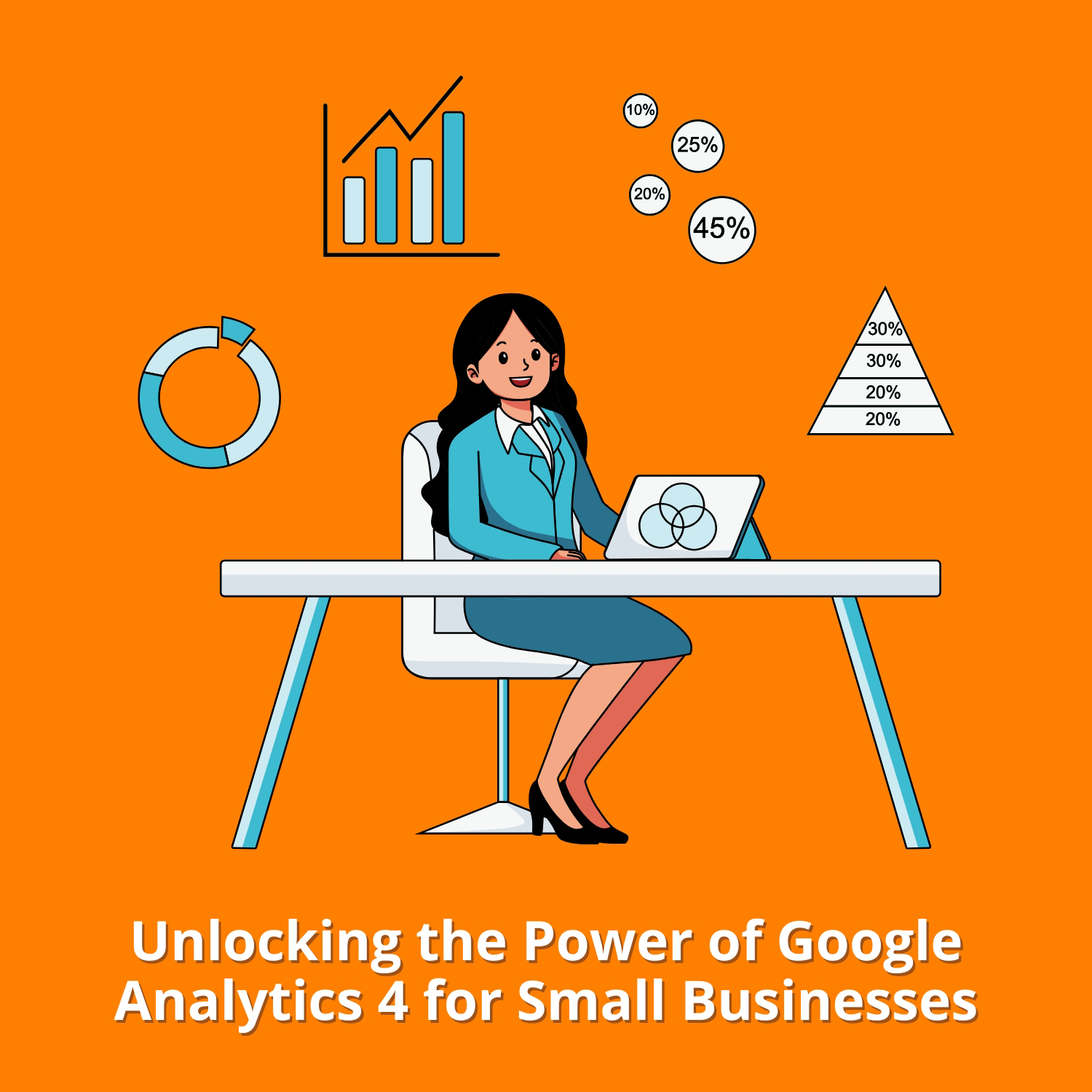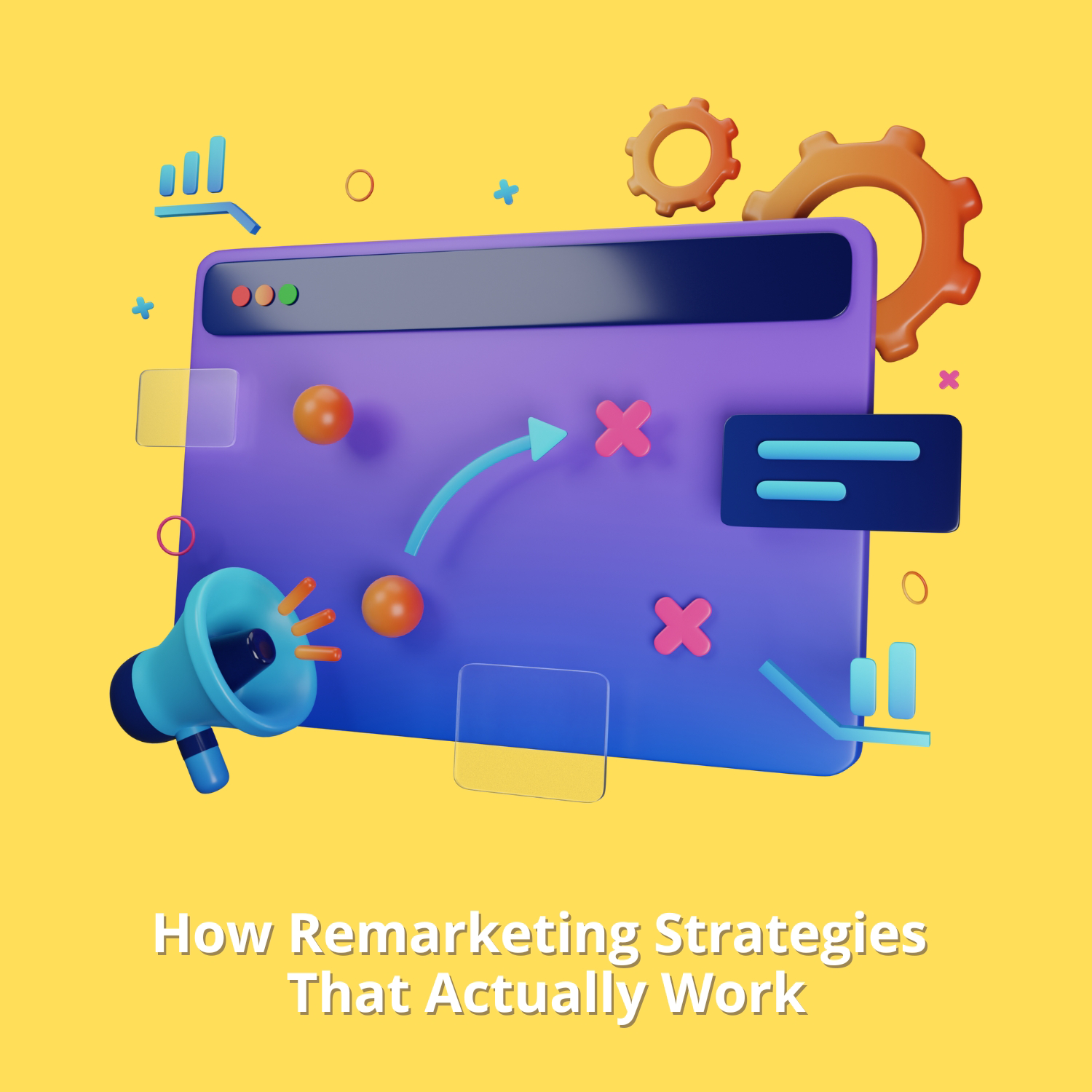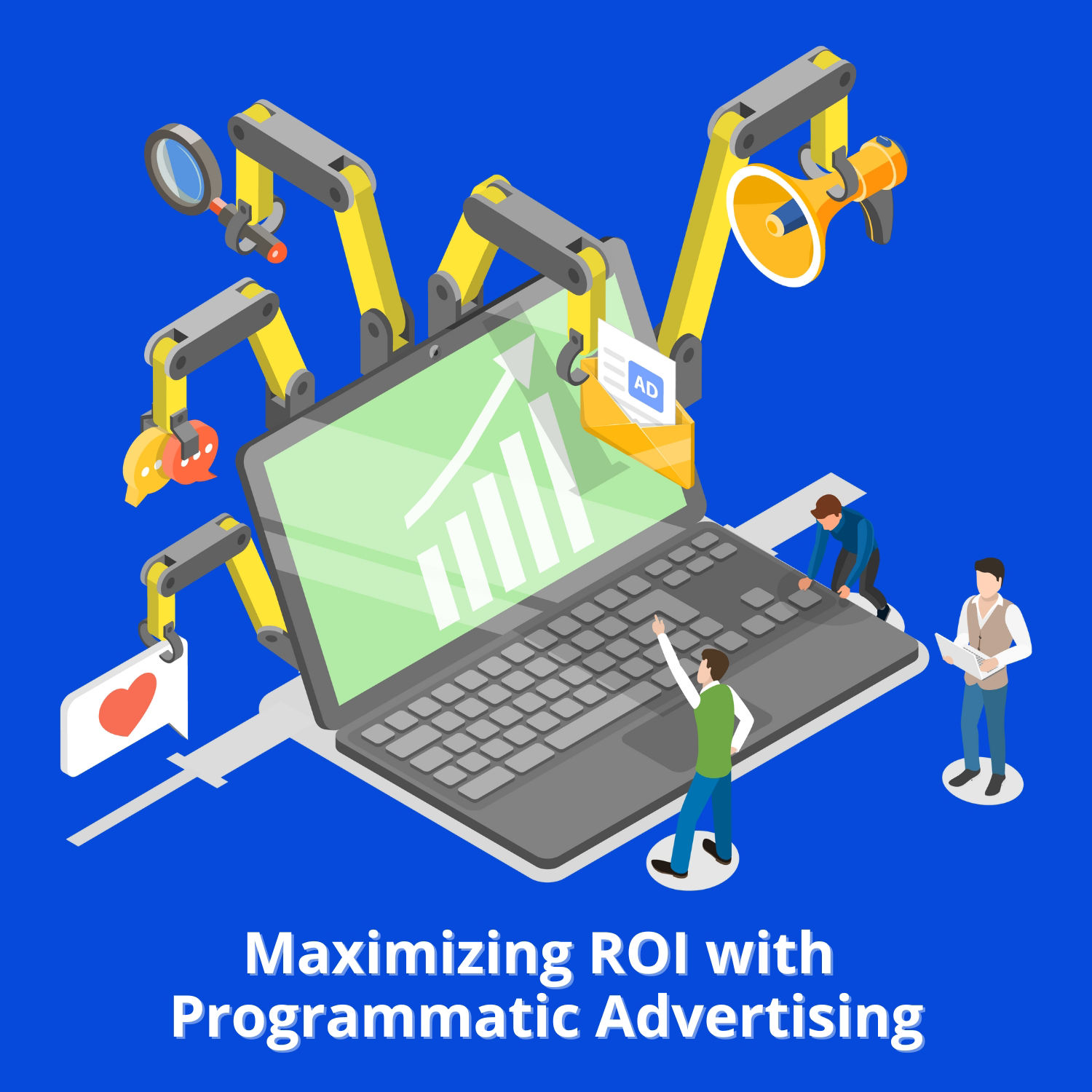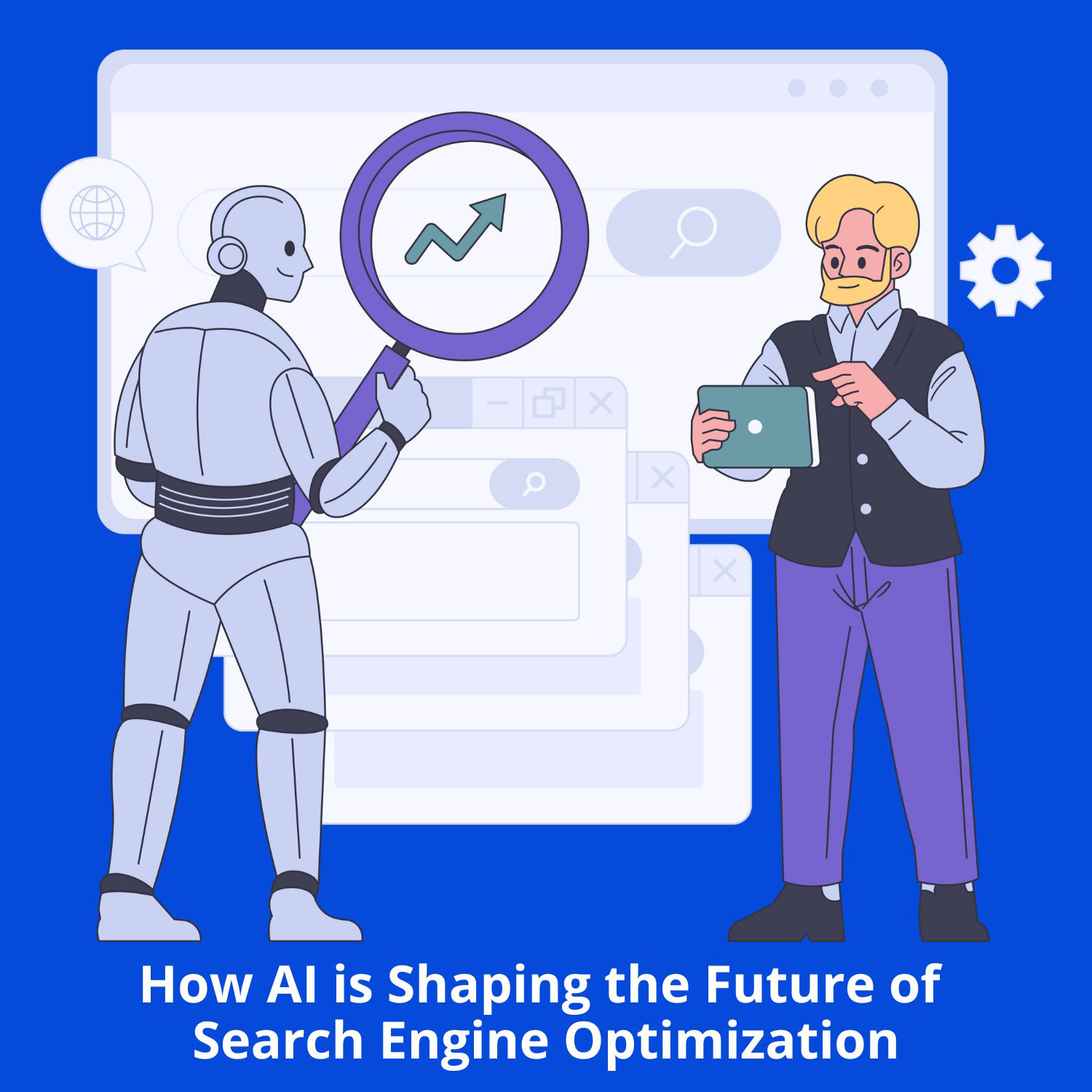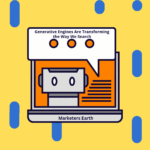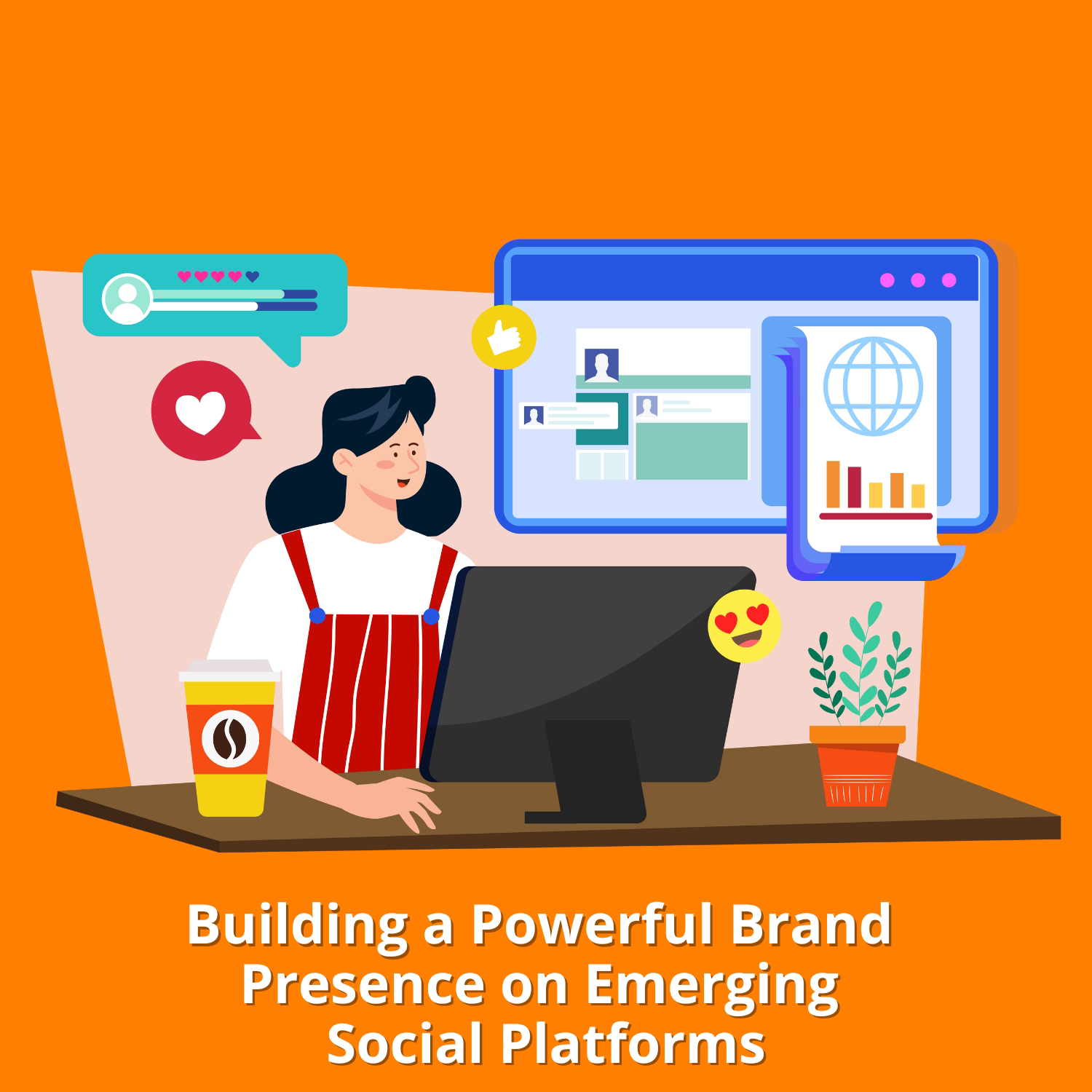How AI is Shaping the Future of Search Engine Optimization
Search Engine Optimization (SEO) has always been a critical aspect of digital marketing. With the advent of artificial intelligence (AI), the landscape of SEO is undergoing a seismic shift. From enhancing keyword research to automating content creation and personalizing user experiences, AI is revolutionizing how businesses optimize their online presence. In this article, we delve into the myriad ways AI is shaping the future of SEO and what it means for businesses and marketers.
The Rise of AI in SEO
AI has transitioned from being a futuristic concept to an essential tool in SEO. The ability of AI to process and analyze massive amounts of data, recognize patterns, and make data-driven predictions has enabled marketers to refine their strategies like never before. With AI-driven algorithms dominating search engines like Google, adapting to these technologies has become imperative.
- Natural Language Processing (NLP): Enhances understanding of user intent and content relevance.
- Machine Learning (ML): Improves ranking predictions and content recommendations.
- Computer Vision: Helps optimize visual content like images and videos.
- Voice Recognition: Supports voice search optimization.
1. Enhanced Keyword Research and Analysis
Gone are the days of manually sifting through keywords. AI tools like Google’s Keyword Planner, Ahrefs, and SEMrush now leverage machine learning to analyze search data, uncover trends, and predict keyword performance.
Benefits:
- User Intent Analysis: AI deciphers whether a user’s query is informational, transactional, or navigational, helping marketers target specific intents.
- Long-Tail Keyword Discovery: AI identifies less competitive, high-converting long-tail keywords.
- Competitor Insights: AI tools can analyze competitors’ keyword strategies, enabling businesses to refine their own.
2. Optimized Content Creation
AI is redefining content creation by automating mundane tasks and generating ideas that align with user preferences.
Applications:
- AI-Powered Writing Tools: Platforms like ChatGPT and Jasper AI can generate high-quality content tailored to specific audiences.
- Content Gap Analysis: AI identifies topics that competitors have covered but are missing from your site.
- Personalization: By analyzing user data, AI suggests content that resonates with individual users.
For example, an AI tool might recommend creating a blog on “How AI is Transforming E-commerce” if the tool detects a surge in related searches.
3. Improved User Experience (UX)
Search engines prioritize websites that offer exceptional user experiences. AI plays a pivotal role in analyzing and enhancing UX metrics such as page load speed, mobile-friendliness, and navigation.
How AI Enhances UX:
- Behavior Analysis: AI tools track user behavior, including click patterns, bounce rates, and dwell time.
- Dynamic Personalization: AI tailors website layouts and recommendations based on user history.
- Voice Search Optimization: AI ensures content is structured for voice queries, aligning with conversational search trends.
4. Voice and Visual Search Optimization
The growing popularity of voice assistants and image-based searches has shifted the focus toward optimizing for these mediums. AI is at the forefront of this evolution.
Voice Search:
- Conversational queries often differ from typed searches. AI helps identify natural language patterns to optimize content.
- Structured data and schema markup play crucial roles in making content voice-search friendly.
Visual Search:
- Tools like Google Lens use AI to recognize objects and retrieve related content.
- Optimizing alt text, file names, and metadata ensures visual assets are discoverable.
5. Advanced Analytics and Predictive Insights
AI-driven analytics provide marketers with actionable insights that were previously unattainable.
Benefits:
- Real-Time Data Analysis: AI tools process data faster, allowing immediate action.
- Predictive SEO: By analyzing historical data, AI predicts future search trends and user behavior.
- Anomaly Detection: AI identifies sudden traffic drops or spikes, helping marketers respond swiftly.
6. Fighting Black Hat SEO Tactics
AI algorithms are becoming increasingly adept at detecting and penalizing black hat SEO practices, such as keyword stuffing, cloaking, and link schemes.
Implications for Marketers:
- Ethical SEO practices are rewarded.
- Sites employing manipulative tactics face penalties, emphasizing the importance of white hat strategies.
7. Local SEO and Hyper-Personalization
AI is transforming local SEO by providing businesses with tools to connect with nearby customers more effectively.
Examples:
- Google My Business Insights: AI analyzes customer reviews, photos, and location data to improve rankings.
- Hyper-Personalized Ads: AI delivers ads based on a user’s location, preferences, and search history.
8. Automating Repetitive SEO Tasks
AI tools streamline time-consuming tasks, enabling marketers to focus on strategy and creativity.
Examples of Automation:
- SEO Audits: AI performs comprehensive audits, identifying areas for improvement.
- Rank Tracking: AI monitors keyword rankings and alerts marketers about changes.
- Link Building: AI tools suggest relevant link-building opportunities.
Challenges and Ethical Considerations
While AI offers immense potential, it also raises challenges and ethical questions:
- Bias in Algorithms: AI systems can inadvertently perpetuate biases present in training data.
- Over-Reliance: Excessive dependence on AI tools can stifle human creativity.
- Privacy Concerns: Personalization often requires extensive user data, raising privacy issues.
Marketers must strike a balance between leveraging AI and maintaining ethical standards.
Preparing for the AI-Driven SEO Future
To stay competitive, businesses must embrace AI and adapt their strategies accordingly. Here are some actionable steps:
- Invest in AI Tools: Leverage platforms like SEMrush, Ahrefs, and BrightEdge for data-driven insights.
- Focus on Quality Content: Ensure content meets E-E-A-T (Experience, Expertise, Authoritativeness, Trustworthiness) guidelines.
- Optimize for Emerging Technologies: Prepare for advancements in voice, visual, and conversational search.
- Stay Updated: Regularly monitor AI trends and their impact on SEO.
Conclusion
AI is not just a trend but a transformative force in the world of SEO. Its ability to analyze data, predict trends, and personalize experiences is reshaping how businesses approach digital marketing. By understanding and leveraging AI’s potential, marketers can stay ahead in an increasingly competitive online landscape. The future of SEO is here, and it’s powered by AI.



